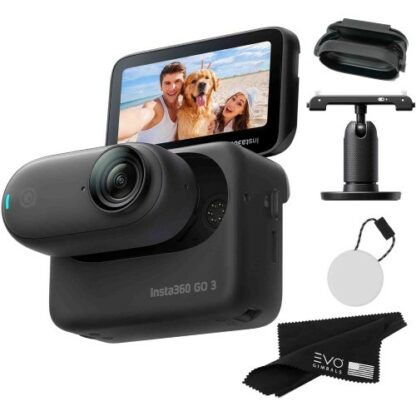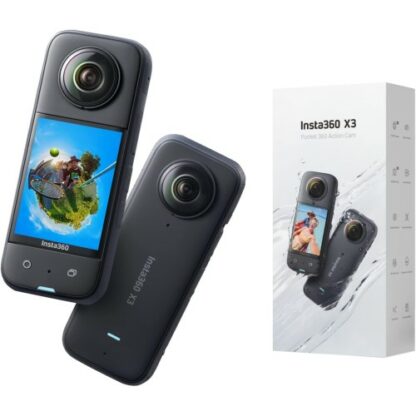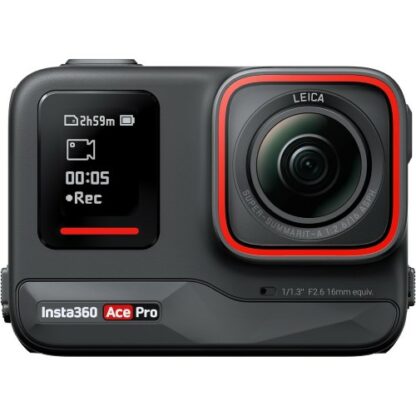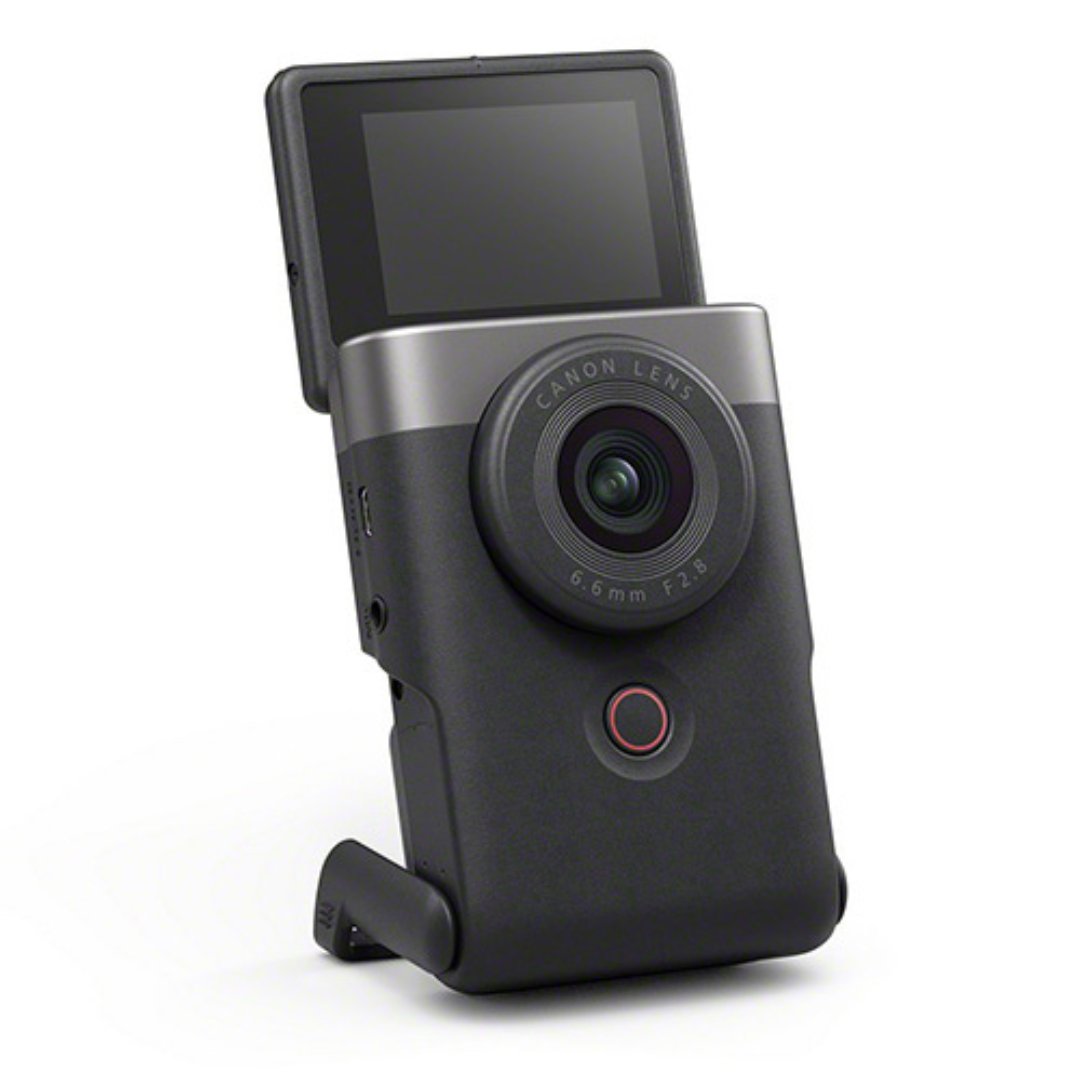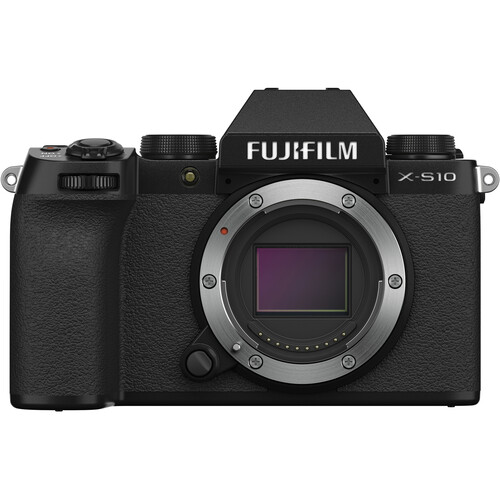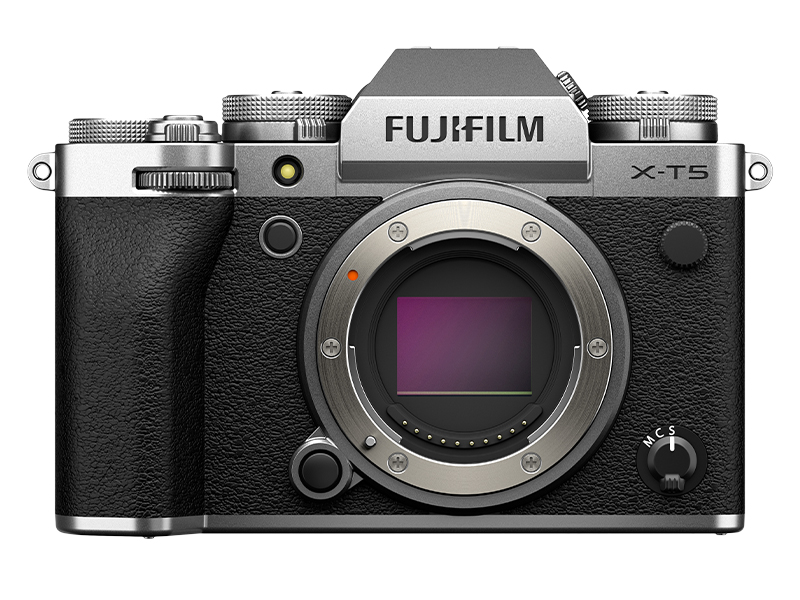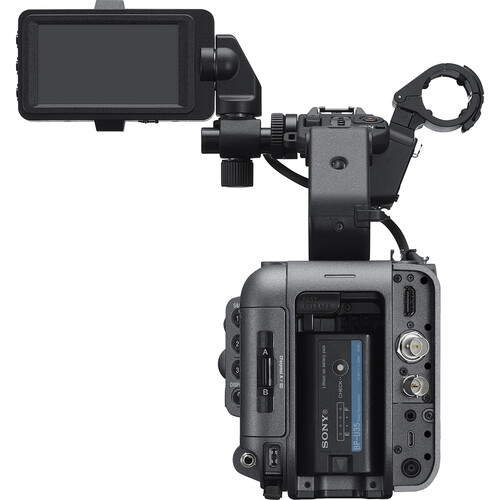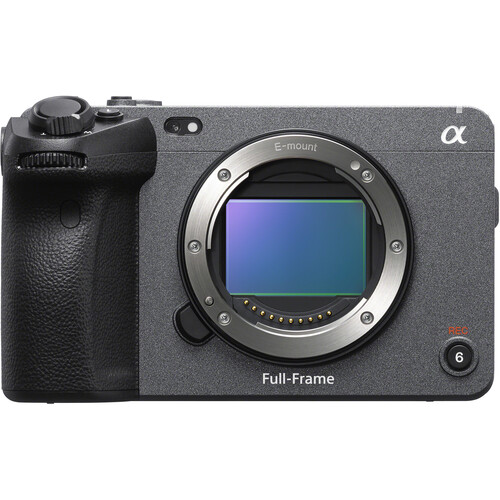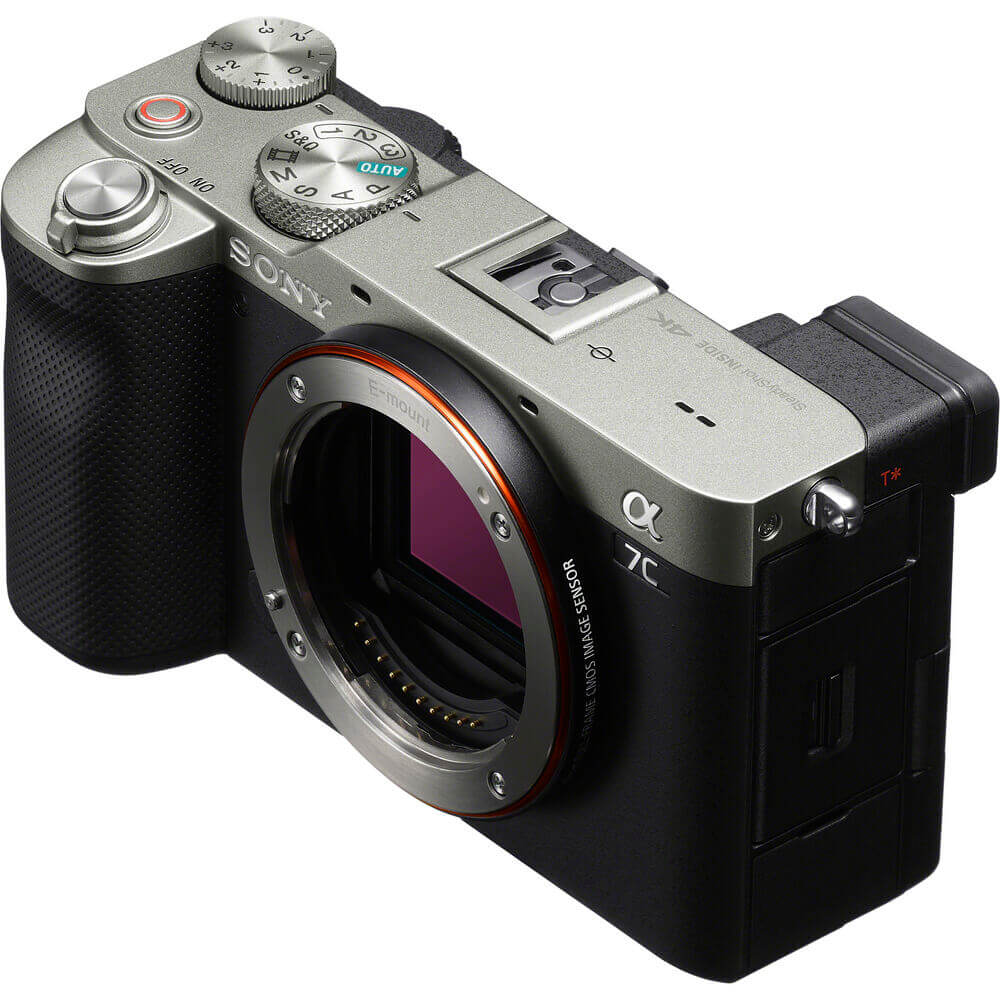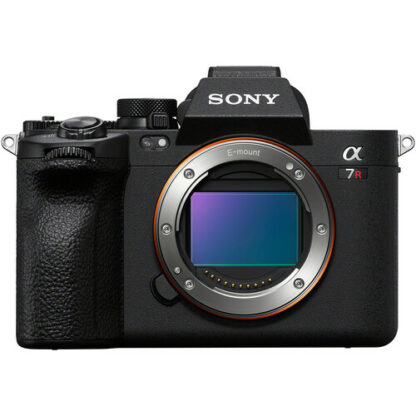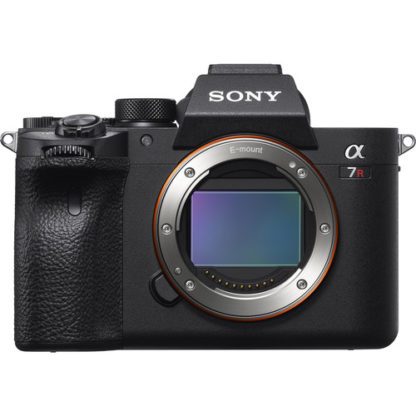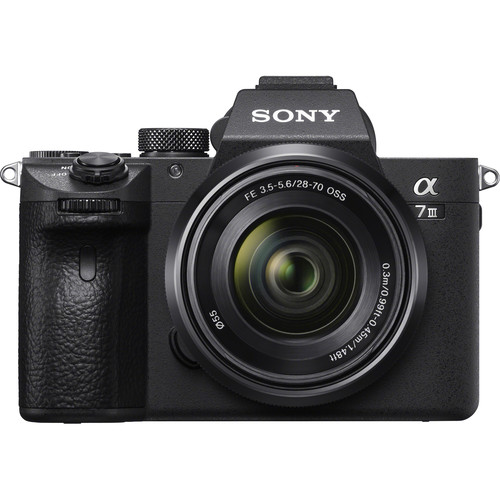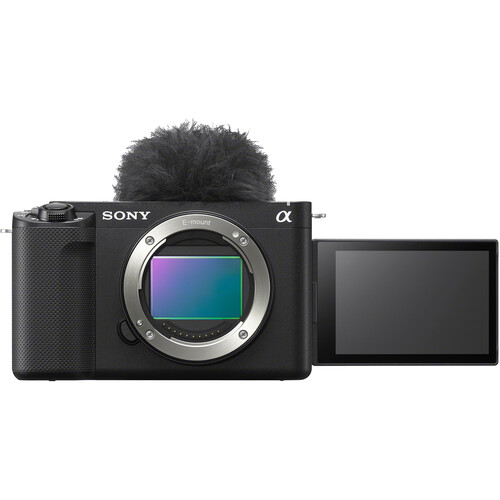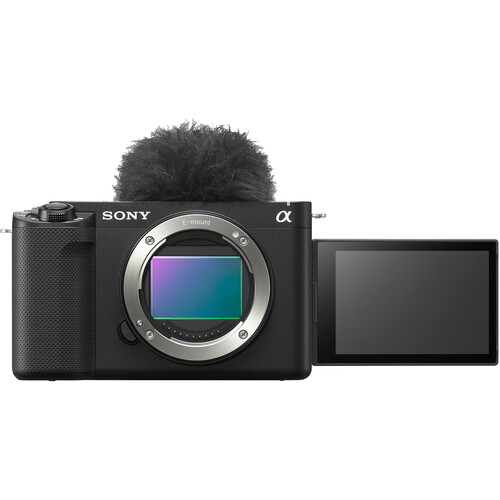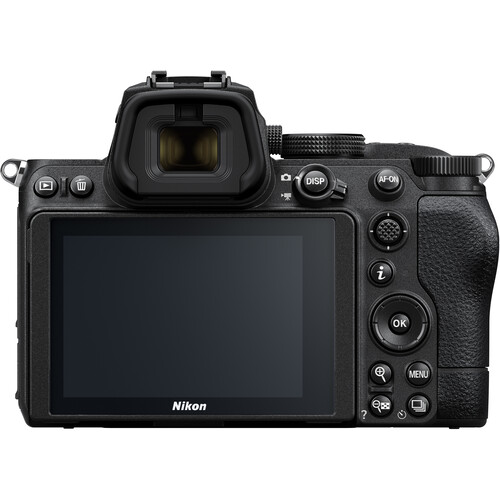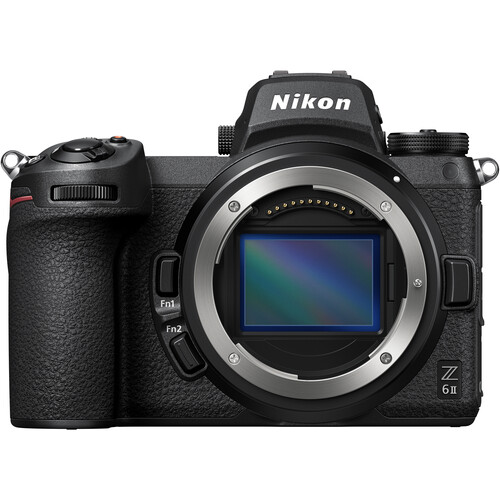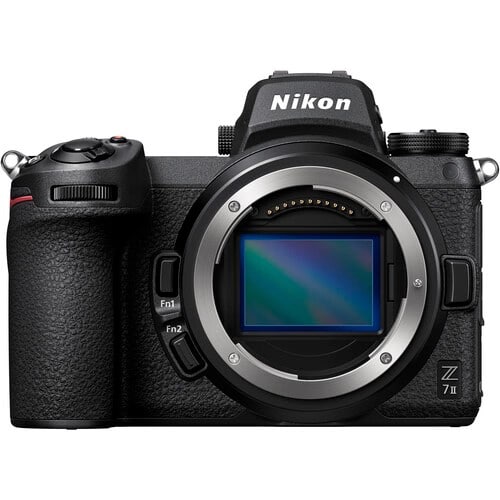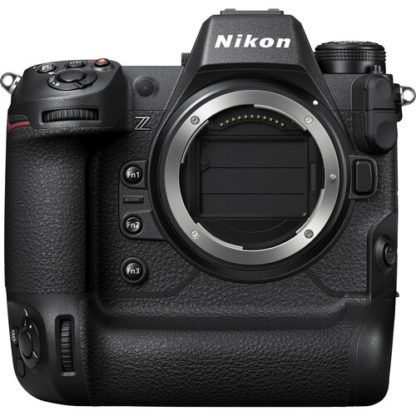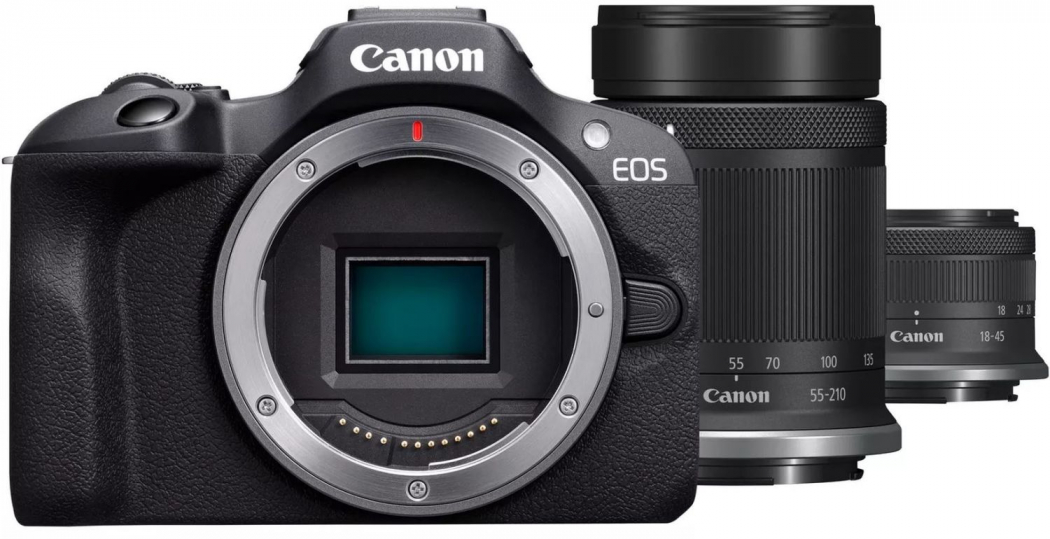Why Invest in a Quality Camera?
In an age of mobile photography, dedicated cameras still stand out for those seeking superior image quality, advanced features, and creative control. Unlike smartphone cameras, a dedicated camera offers enhanced sensor sizes, interchangeable lenses, and customizable settings, empowering photographers to capture stunning images in any lighting or environmental condition. A quality camera can help you capture life’s memorable moments with clarity and detail that stands the test of time.
Types of Cameras to Suit Every Need
Cameras come in various types to meet diverse photography styles. DSLRs are popular among professionals and hobbyists for their optical viewfinders, lens flexibility, and manual control options. Mirrorless cameras offer similar quality with a more compact design, making them great for photographers who prioritize portability. Compact or point-and-shoot cameras are perfect for everyday use, delivering high-quality images without the bulk. For thrill-seekers, action cameras offer durability and versatility, capturing videos and photos in extreme conditions.
Key Features to Look for in a Camera
When choosing a camera, consider features that align with your needs. Resolution and sensor size significantly impact image quality, with larger sensors performing better in low-light situations. Interchangeable lenses allow you to adapt to different photography styles, from landscapes to portraits. Image stabilization helps reduce blur, particularly useful for handheld shots or videos. Additionally, Wi-Fi and Bluetooth connectivity make it easy to share photos on the go.
Camera Accessories to Enhance Your Experience
Enhance your photography with essential camera accessories. Tripods, external flashes, and filters allow for more creative shooting, while extra batteries and memory cards ensure you never miss a shot. Protective cases also keep your camera safe during travel and outdoor adventures.
Capture Life with the Perfect Camera
Whether you’re a beginner or a seasoned photographer, investing in the right camera can elevate your photography journey. Discover the range of cameras available and start capturing life’s moments with precision and beauty!
Cameras
Cameras
Choosing a camera can feel overwhelming given the many options available today. From beginner-friendly models to high-end professional cameras, each type offers unique features that cater to different photography and videography needs. Knowing what each type of camera offers, as well as understanding key features like sensor size, image stabilization, and lens compatibility, can help you make an informed decision.
Types of Cameras and Their Uses
DSLR Cameras
Digital Single-Lens Reflex (DSLR) cameras are popular among both beginners and professionals. Known for their exceptional image quality, DSLRs offer interchangeable lenses, giving photographers a wide range of creative control. With optical viewfinders, these cameras let you preview the scene in real time, which is a valuable feature for framing shots.
Advantages:
- Great for low-light photography due to large sensors.
- Wide range of lens compatibility.
- Ideal for both photography and videography.
- Best for: Portrait photography, landscapes, and events where image quality is a top priority.
Mirrorless Cameras
Mirrorless cameras have quickly become popular due to their compact size and high-quality performance. Unlike DSLRs, mirrorless cameras don’t have an optical mirror system, which means they’re generally lighter and easier to carry. These cameras are perfect for photographers who want top-tier quality without the bulk.
Advantages:
- Lightweight and portable.
- Electronic viewfinder with a live preview of exposure settings.
- Fast continuous shooting speed, ideal for action and sports.
- Best for: Travel, street photography, and videography.
Compact Cameras
Compact or point-and-shoot cameras are user-friendly, portable, and affordable. They’re ideal for everyday moments or travel photography and are a great choice for beginners who want to capture high-quality images without the complexity of a DSLR or mirrorless model.
Advantages:
- Easy to use with minimal setup.
- Great for casual and everyday photography.
- Compact size makes them easy to carry anywhere.
- Best for: Beginners, casual photographers, and travelers.
Key Features to Consider When Buying a Camera
1. Sensor Size
The sensor size has a major impact on image quality, especially in low-light situations. Larger sensors capture more light, resulting in sharper images with better detail and dynamic range. Full-frame sensors are ideal for professional work, while APS-C sensors provide a balance between quality and affordability.
2. Lens Compatibility
One of the best things about investing in a camera system is the ability to change lenses. Having a variety of lenses can allow for greater creative expression, enabling you to capture wide landscapes, detailed close-ups, or telephoto shots with ease.
3. Image Stabilization
Image stabilization is essential if you’re planning to shoot handheld or in low-light situations. It reduces blur by compensating for slight movements, helping you capture sharp images even without a tripod.
4. Video Capabilities
If you’re interested in videography, look for cameras with 4K video resolution and high frame rates. Many modern cameras also offer slow-motion, time-lapse, and other video features, making them versatile for creative projects.
Choosing the Right Camera for Your Needs
- For Beginners: Compact or entry-level DSLR cameras provide great quality without overwhelming features, making them ideal for learning.
- For Travel and Street Photography: Mirrorless cameras strike the perfect balance between quality and portability, making them a go-to choice for travelers and urban photographers.
- For Professional Work: High-end DSLRs and mirrorless cameras with large sensors and extensive lens options are best for professionals in portrait, landscape, and commercial photography.
Tips for Maintaining Your Camera
To ensure your camera performs at its best, consider the following maintenance tips:
- Regular Cleaning: Use a microfiber cloth to clean the lens and a blower to remove dust from the sensor.
- Store Properly: Keep your camera in a padded bag to protect it from impacts and environmental factors.
- Battery Care: Fully charge your camera’s battery before long shoots and avoid exposing it to extreme temperatures.
Conclusion
Choosing the right camera ultimately depends on your needs, skill level, and budget. Whether you’re capturing everyday moments, documenting travels, or diving into professional photography, the right camera can make all the difference in bringing your vision to life. Investing in a camera that fits your style and needs will allow you to capture your world with creativity and precision.

